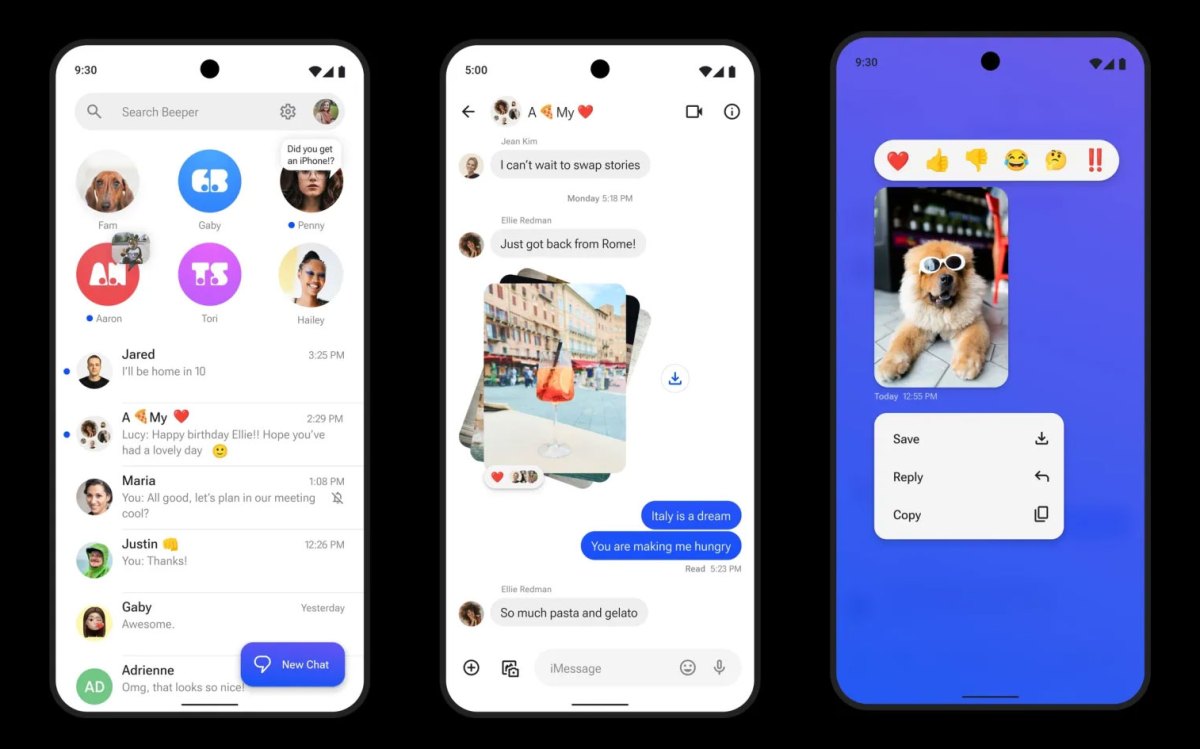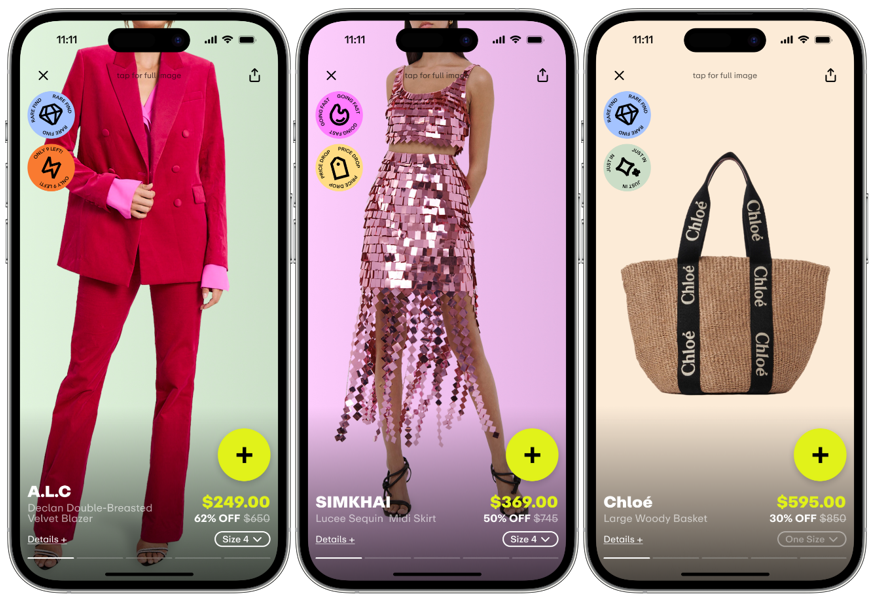Apple cuts off Beeper Mini’s access after launch of service that brought iMessage to Android | TechCrunch
Was it too good to be true? Beeper, the startup that reverse engineered iMessage to bring blue bubble texts to Android users, is experiencing an outage, the company reported via a post on X on Friday. And Apple is to blame, it seems. Users, including those of us at TechCrunch with access to the app, began seeing error messages when trying to send texts via the newly released Beeper Mini and messages are not going through.
The error message reads: “failed to lookup on server: lookup request timed out” spelled out in red letters.
In a response to a question on Reddit as to whether or not the app was broken, a Beeper team member had earlier replied “Report a problem from the app, give us a chance to look into it.”
However, Beeper CEO Eric Migicovsky responded to TechCrunch’s inquiry about Beeper Mini’s status by pointing us to the X post acknowledging the outage, and providing more detail. Asked if possibly Apple found a way to cut off Beeper Mini’s ability to function, he replied, “Yes, all data indicates that.”
We don’t know what this means for the future of Beeper Mini’s efforts, unless Beeper’s engineers are able to work around the problem somehow.
Migicovsky, who previously founded the smartwatch Pebble, has argued that Beeper Mini wasn’t just beneficial for Android users who wanted to finally join their iMessage friends’ group chats, but that it increased security for iPhone users, too.
In an interview ahead of Beeper Mini’s launch, the founder explained that green bubble texts were unencrypted.
“That means that anytime you text your Android friends, anyone can read the message. Apple can read the message. Your phone carrier can read the message. Google… literally, it’s just like a postcard. Anyone can read it. So Beeper Mini actually increases the security of iPhones,” he had told TechCrunch.
Apple, on the other hand, sees iMessage as one of the key tools for locking in users to its ecosystem, which is why it won’t launch an iMessage app for Android. While there was some hope that EU regulations would force it to make iMessage more interoperable, news this week indicates that iMessage will get a reprieve from those rules because the service is not popular enough with business users. That means Apple has no reason not to try to shut down Beeper Mini, if it could.
Migicovsky is none too pleased with that turn of events.
“I would be very interested to hear why they think that making security worse for iPhone users makes sense,” he said.
“If it’s Apple, then I think the biggest question is — if Apple truly cares about the privacy and security of their own iPhone users, why would they try to kill a service that enables iPhones to send encrypted chats to Android users? With their announcement of RCS support, it’s clear that Apple knows they have a gaping hole here. Beeper Mini is here today and works great. Why force iPhone users back to sending unencrypted SMS when they chat with friends on Android?,” he asked.
Founded in 2020, Beeper’s team had originally been working on a multi-platform messaging aggregator, which was renamed Beeper Cloud this week as Beeper Mini went to launch. The latter uses new technology that allows Android users to text iMessage users as if they were also texting from an iPhone. That means blue bubbles in the group chat, not green ones. Because the startup was no longer using a middleman — like a Mac server relaying messages, as other iMessage-to-Android apps employ — it would essentially appear to Apple’s servers that Beeper Mini’s messages were coming from a device that runs iMessage natively. It’s unclear, then, how Apple was able to cut off Beeper Mini’s access.
What this means for Beeper Mini’s future is uncertain.
“We’ll evaluate options,” Migicovsky said.




